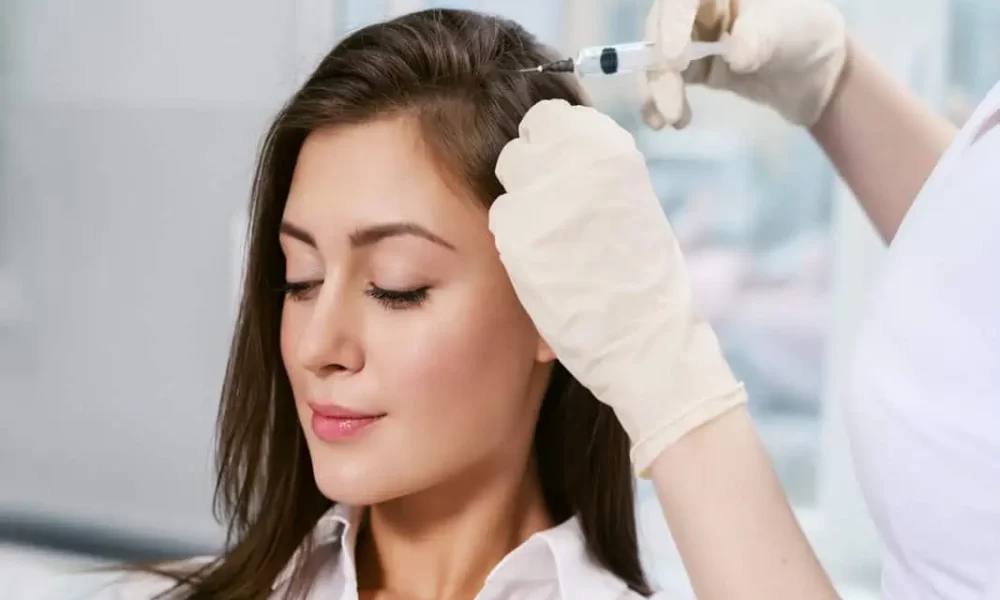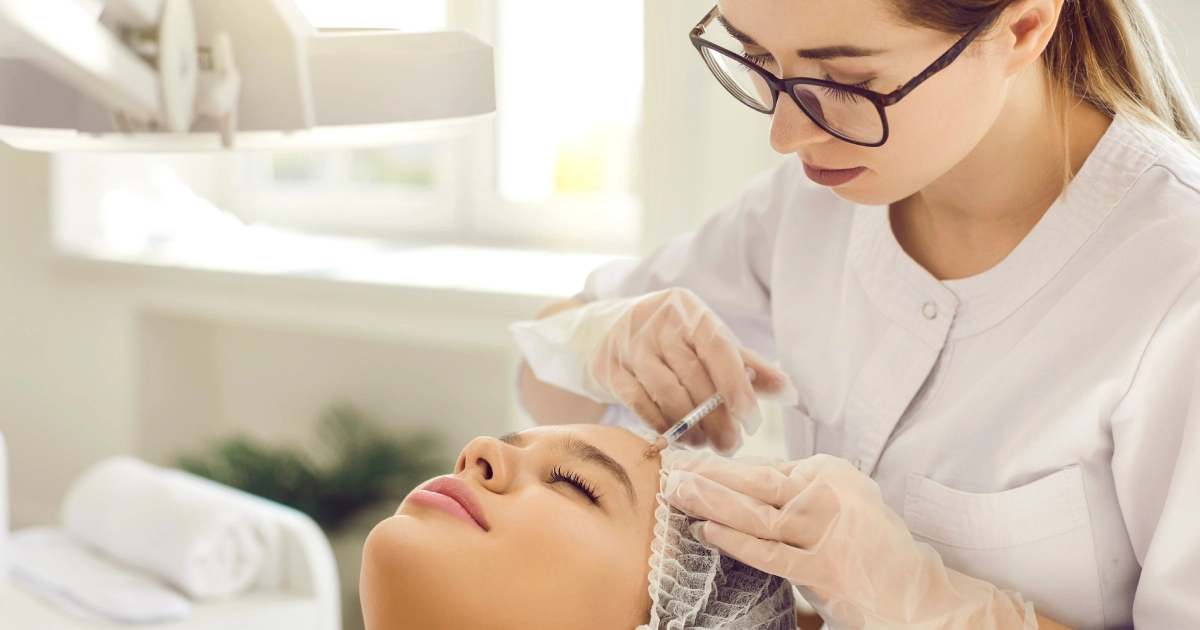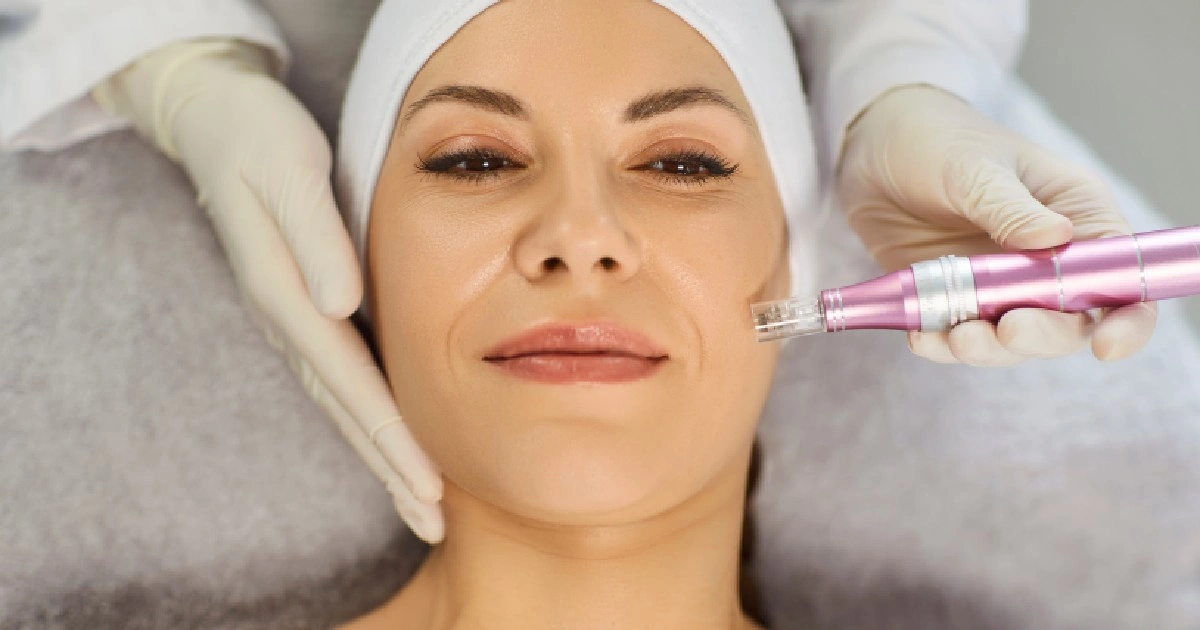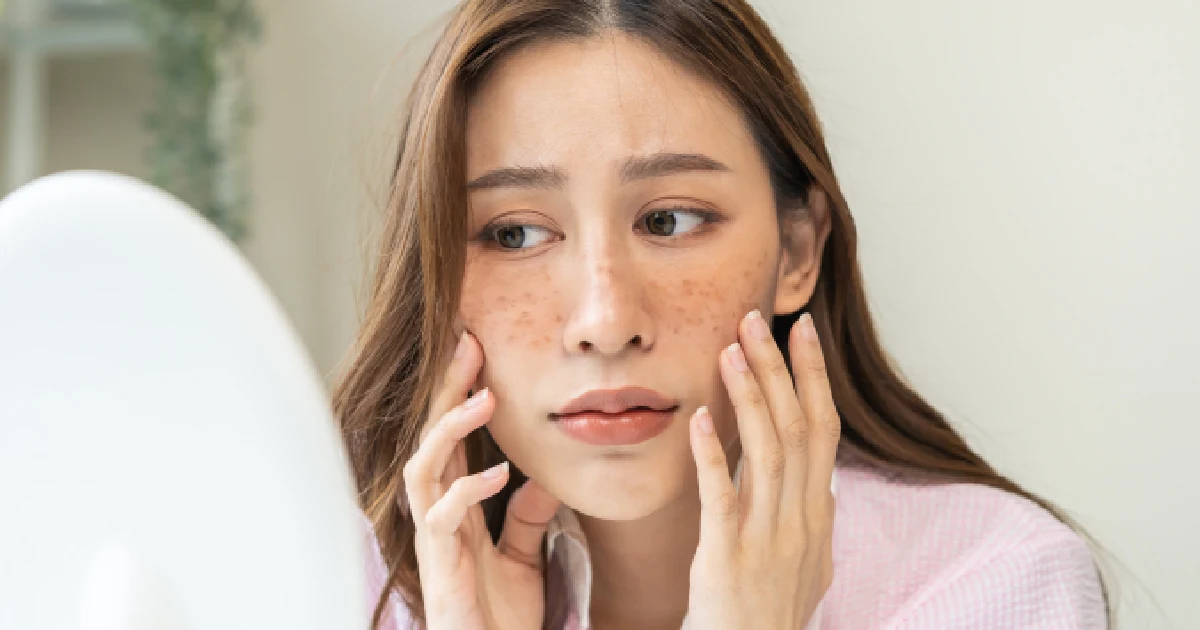Exploring the journey of hair regrowth following injections offers valuable insights for those seeking treatments for hair loss. These non-invasive procedures, utilizing substances like Natural growth factor injections or natural growth factors, have become a beacon of hope for many. Let’s look into the timeframe from the first treatment to the point at which individuals should anticipate noticeable improvements and significant hair growth.
Understanding Hair Restoration Techniques
Understanding hair restoration techniques is essential for anyone considering options to combat hair loss. In order to meet a wide range of demands and preferences, the subject of hair restoration has undergone tremendous evolution. Here’s a breakdown of the most prominent hair restoration methods available today:
Surgical Hair Transplantation
- Follicular Unit Transplantation (FUT): This traditional method involves removing a strip of scalp from the back of the head, dissecting it into individual follicular units, and transplanting these units into balding areas. Although it produces a linear scar, it is renowned for producing a large number of grafts in a single session.
- Follicular Unit Extraction (FUE): A more modern method called FUE involves implanting individual hair follicles from the scalp into regions of baldness. This technique is less invasive than FUT, offers a quicker recovery time, and leaves no linear scar, making it popular among patients who prefer to wear their hair short.
Non-Surgical Hair Loss Treatments
- Platelet-Rich Plasma (Natural growth factor injections) Therapy: Natural growth factor injections therapy speeds the repair of damaged tendons, ligaments, muscles, and joints by injecting concentrated amounts of the patient’s own platelets. In cases of hair loss, Natural growth factor injections injections are given topically to stimulate hair follicles and encourage the creation of new hair.
- Low-Level Laser Therapy (LLLT): In order to promote cell growth and enhance blood circulation in the scalp, LLLT is a non-invasive procedure that uses laser light. This can result in thicker, healthier hair.
Hair Restoration with Natural Growth Factor Injections
- Natural Growth Factors: These treatments involve injecting growth factors extracted from the patient’s own body (similar to Natural growth factor injections) or synthesized in a lab directly into the scalp. The aim is to stimulate the hair follicles, encouraging them to enter the growth phase and produce hair.
Scalp Micropigmentation (SMP)
- SMP: A cosmetic tattoo that creates the appearance of a close buzz cut on a bald head or thickens a thinning hairline by dotting the scalp in tiny, complementary colors. For people who would rather have a non-invasive remedy or who are not candidates for hair transplant surgery, it’s a great option.
Medications
- Minoxidil (Rogaine): A topical over-the-counter medication that can help both men and women slow down hair loss and promote hair growth
- Finasteride (Propecia): An oral prescription medication for men that works by blocking the hormone DHT (dihydrotestosterone) can stop more hair loss and encourage hair growth.
Hair restoration techniques vary in advantages, limitations, and suitability for different hair loss conditions. Understanding the cause, expected outcomes, and potential side effects is crucial for informed decision-making.
Timeline for Hair Regrowth After Injections
The amount of time it takes for hair to grow back following injections, especially when it comes to therapies like Platelet-Rich Plasma (Natural growth factor injections), steroid injections for alopecia areata, and other growth factor injections, might differ greatly from patient to patient. However, there is a general timeline that many patients can expect following these treatments:
Initial Phase (0-1 Month)
- Immediate to 1 Week: The injection sites on the scalp may show some slight bruising, redness, or swelling. These are typically short-lived and resolve within a few days.
- First Month: In the initial month, there may not be any visible signs of new hair growth. The injected area is undergoing cellular level changes, with growth factors beginning to stimulate the hair follicles.
Early Growth Phase (1-3 Months)
- 1 to 2 Months: Some patients might start noticing early signs of hair regrowth, such as the emergence of fine, soft vellus hairs in the treated areas. This indicates that the hair follicles are responding to the treatment.
- 3 Months: By the end of the third month, these fine hairs may begin to thicken and darken as they transition into terminal (mature) hairs.
Active Growth Phase (3-6 Months)
- 3 to 6 Months: This is often when significant changes become more apparent. Patients typically observe an increase in both hair density and thickness. The hair growth becomes more consistent, and the overall appearance of the hair improves.
Maturation Phase (6-12 Months and Beyond)
- 6 to 12 Months: The hair continues to mature and thicken. By this stage, the full effects of the treatment are usually visible, with a noticeable improvement in hair density and coverage.
- Beyond 12 Months: Depending on the type of injection and individual response, further improvements may still occur beyond the first year. Some treatments may require maintenance sessions to sustain the hair growth results.
Factors Influencing Hair Growth After Injections
Several factors can influence the timeline and success of hair regrowth after injections, including:
- Type of Hair Loss: The cause and pattern of hair loss can affect how quickly and effectively the treatments work.
- Individual Health: Age, hormones, and general health can all affect how quickly hair grows.
- Treatment Protocol: The specific protocol, including the concentration of injections, the number of sessions, and the interval between sessions, plays a crucial role in the outcome.
- Lifestyle Factors: The success of the treatment can also be impacted by dietary choices, stress levels, and hair care routines.
Hair regrowth after injections can vary, so realistic expectations and regular follow-ups with healthcare providers are crucial for optimal results.
Comparing with Hair Transplant Results
The study compares hair regrowth treatments like injections and hair transplant surgery, highlighting the differences in timeline, efficacy, and patient preferences for each method.
- Onset of Growth: Hair regrowth from injections like Natural growth factor injections may be noticeable within 2-3 months, with improvements up to a year, while transplanted hair from surgery shows immediate fullness but undergoes shock loss before regrowing at 3-4 months.
- Progression: Injection treatments require ongoing improvements and possibly maintenance sessions, whereas hair transplant results gradually enhance over 6-9 months, with final outcomes visible at 12-18 months.
- Invasiveness: Injections offer a minimally invasive option with minimal downtime, in contrast to the more invasive hair transplant surgery that requires a recovery period.
- Longevity of Results: Hair transplant outcomes are permanent, relying on genetically resistant hairs, whereas injection results may fade, needing periodic sessions for sustained effects.
- Suitability: Transplants are ideal for those with significant hair loss and adequate donor hair; injections can benefit a wider audience, including early-stage hair loss patients.
- Cost and Commitment: Transplant surgery represents a valuable one-time investment with lasting benefits, while injections offer an affordable initial option with the flexibility of tailored ongoing treatments for sustained results.
Hair loss treatments should be tailored to individual needs, expectations, and lifestyles. Hair transplant surgery offers permanent results, while injections improve hair density and health. Consultation with a specialist determines the best option.
The Bottom Line
Hair Restoration through Natural Growth Factor Injections offers a promising path for those seeking to combat hair loss with a less invasive approach than traditional hair transplants. LIIV Medical Aesthetics and Wellness in Portsmouth, NH, provides advanced Hair Restoration using Natural Growth Factor Injections, concentrating and injecting the patient’s own platelets to stimulate scalp follicles for fuller hair growth. Revitalize your hair with Natural Growth Factor Injections, a revolutionary treatment that stimulates natural scalp rejuvenation for fuller hair growth.





